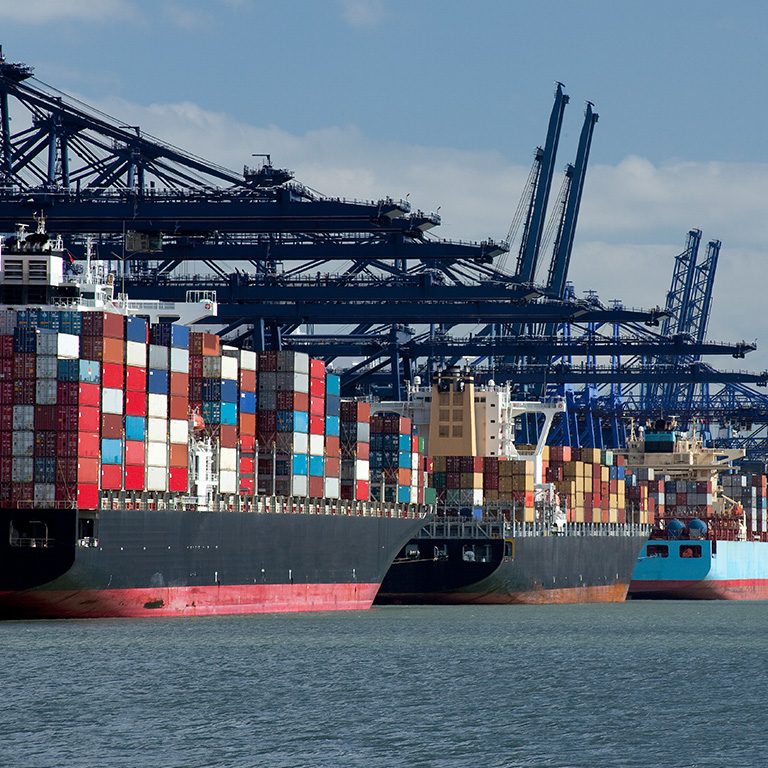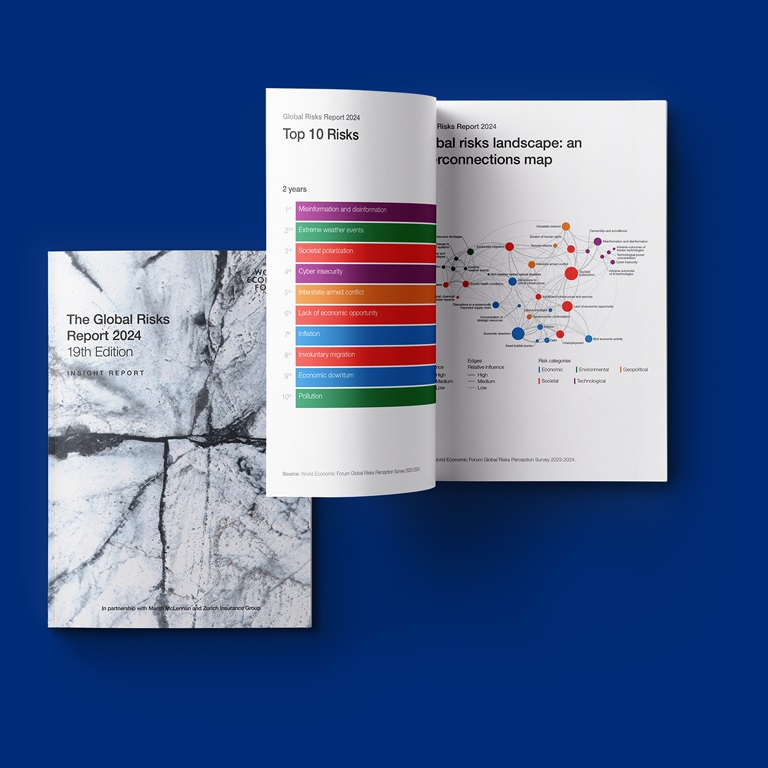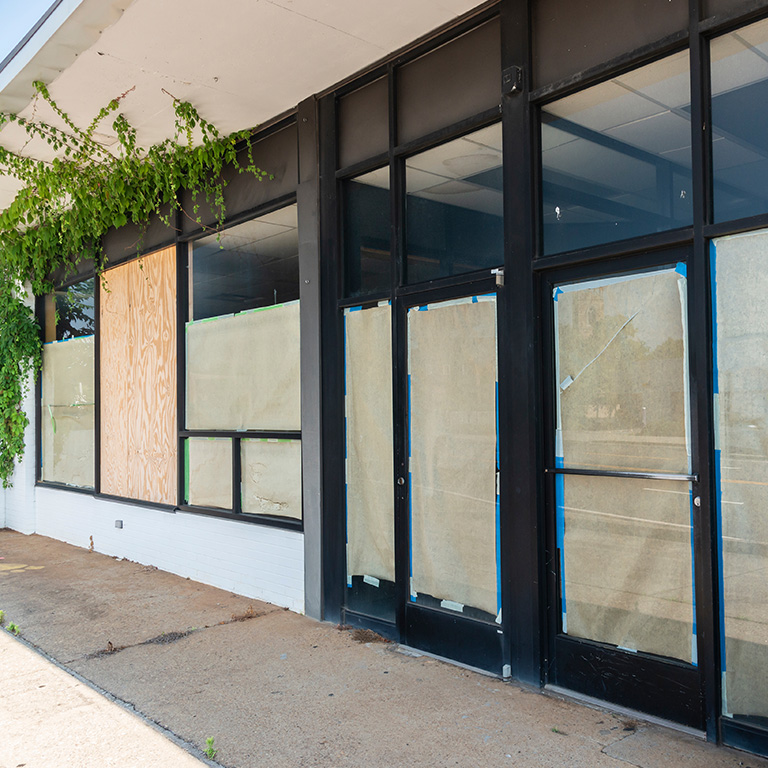The Digital Divide
Biased algorithms, lack of access to information, widening digital skills gaps, and inadequate regulation are exacerbating societal inequalities. If left unaddressed, this will further erode already-fraying societal cohesion. Businesses and governments need to seek new partnerships and approaches to drive digital cohesion without compromising technological advancement.
Generation Pandemic
Youth, already suffering from long-standing intergenerational inequalities, were severely impacted by COVID-19. Impacts to education, migration, and mental health will further harm this generation’s outlook. Avoiding a future of deep societal fracturing requires their voices to be heard and be actively involved in the pandemic recovery process.
Navigating Global Fractures
Deepening rivalries and competition in various domains between superpowers could impede the influence of other G20 nations in international relations and further splinter geopolitics. Such developments could destabilize the global order and slow critical progress on transnational concerns.
A Trilemma of Pressures on Industry
The growing power and influence of nation states, market concentration in the technology sector, and values-driven pressure from consumers, employees, and society at large present complex challenges for industry globally. They need to consider strategy and investments during their COVID-19 recovery to avoid catastrophic outcomes.
2020 Hindsight: Reflecting on Resilience
The COVID-19 crisis has exposed fundamental disconnects between assumptions of global and national pandemic preparedness and the realities of crisis management on the ground. Remarkable examples of determination, cooperation, and innovation have surfaced, particularly with collaboration between the public and private sector, but very few nations have shone across all aspects of their response effort. There are many lessons to be learned to improve our collective management of global risks.







